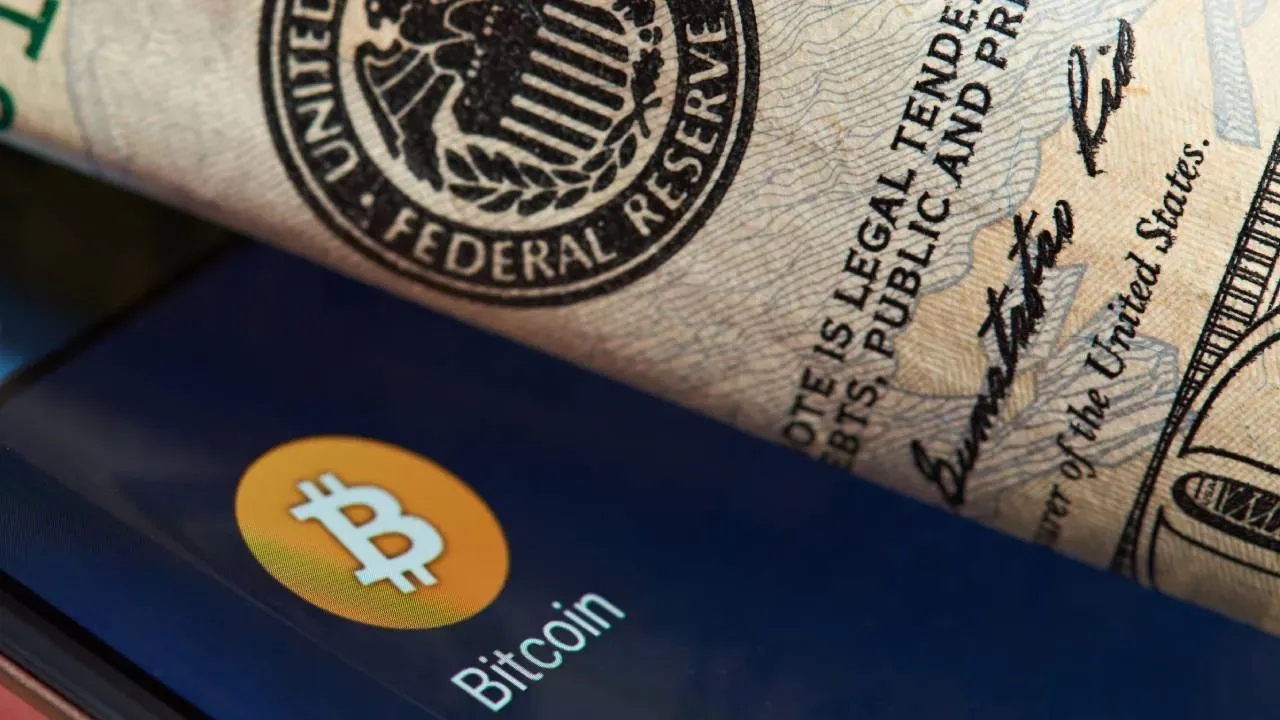Senator Lummis Advocates for the Federal Reserve to Exchange Gold Reserves for Bitcoin

In an era where traditional financial systems are increasingly intersecting with digital currencies, Senator Cynthia Lummis from Wyoming, a known ally of former President Donald Trump, has put forth a bold proposition. She suggests that the Federal Reserve should consider selling a portion of its gold reserves and instead invest in Bitcoin. This idea, while seemingly avant-garde, taps into a broader discourse about the future of money, the role of central banks, and the potential of cryptocurrencies in reshaping global finance.
The Argument for Bitcoin
Senator Lummis, herself an early investor in Bitcoin, brings to the table a blend of political clout and personal experience with cryptocurrency. Her advocacy isn't just about personal gain but reflects a deeper belief in the transformative potential of digital currencies. The idea isn't merely about the allure of Bitcoin's potential astronomical returns but about rethinking what underpins value in our modern economy.
The Federal Reserve currently holds over 8,000 metric tons of gold, a relic of a bygone era where gold was directly convertible to currency. This gold serves as a hedge against inflation and a symbol of economic stability. However, Lummis argues that in today's digital age, Bitcoin could serve a similar role but with added benefits. Bitcoin, with its capped supply at 21 million coins, offers a deflationary asset, contrasting with gold whose supply can theoretically increase. This scarcity could make Bitcoin a more appealing store of value in an environment where inflation is a persistent concern.
Challenges and Criticisms
The narrative here isn't just about replacing one asset with another; it's about questioning the very assets central banks should hold to back national currencies. Gold has been a staple for millennia, but its non-yielding nature in a vault contrasts with Bitcoin's blockchain technology, which offers transparency, security through decentralization, and the potential for technological advancements like smart contracts. Critics of this proposal, however, are quick to point out Bitcoin's volatility, its environmental footprint due to energy-intensive mining, and the regulatory uncertainties surrounding cryptocurrencies. They argue that gold, despite its own limitations, has proven its worth over thousands of years as a stable reserve asset. Bitcoin, on the other hand, experienced dramatic price swings, which could unsettle the very stability central banks aim to maintain.
Yet, Lummis' suggestion isn't without merit in the eyes of some economists and tech visionaries. They argue that Bitcoin's volatility might decrease as it matures, and its adoption by institutions could stabilize its value. Moreover, with innovations like renewable energy being increasingly used for mining, the environmental concerns might be mitigated over time. The debate also touches on broader themes of financial sovereignty and innovation. If the Federal Reserve were to adopt Bitcoin, it could set a precedent for other nations, potentially leading to a more decentralized global financial system. This could empower individuals by providing them with alternatives to traditional banking, especially in regions with unstable local currencies or oppressive financial policies.
Senator Cynthia Lummis's proposal to have the Federal Reserve consider Bitcoin as part of its reserves is not just a financial strategy but a statement on the future of money. It challenges us to rethink what we value, how we value it, and who should control that value. As the world watches, the discussion around this proposal could very well dictate the direction in which global finance evolves, blending traditional economic theories with the digital age's innovations. Whether this idea gains traction within the halls of the Federal Reserve remains to be seen, but it undeniably opens up a fascinating dialogue about the future of currency.

